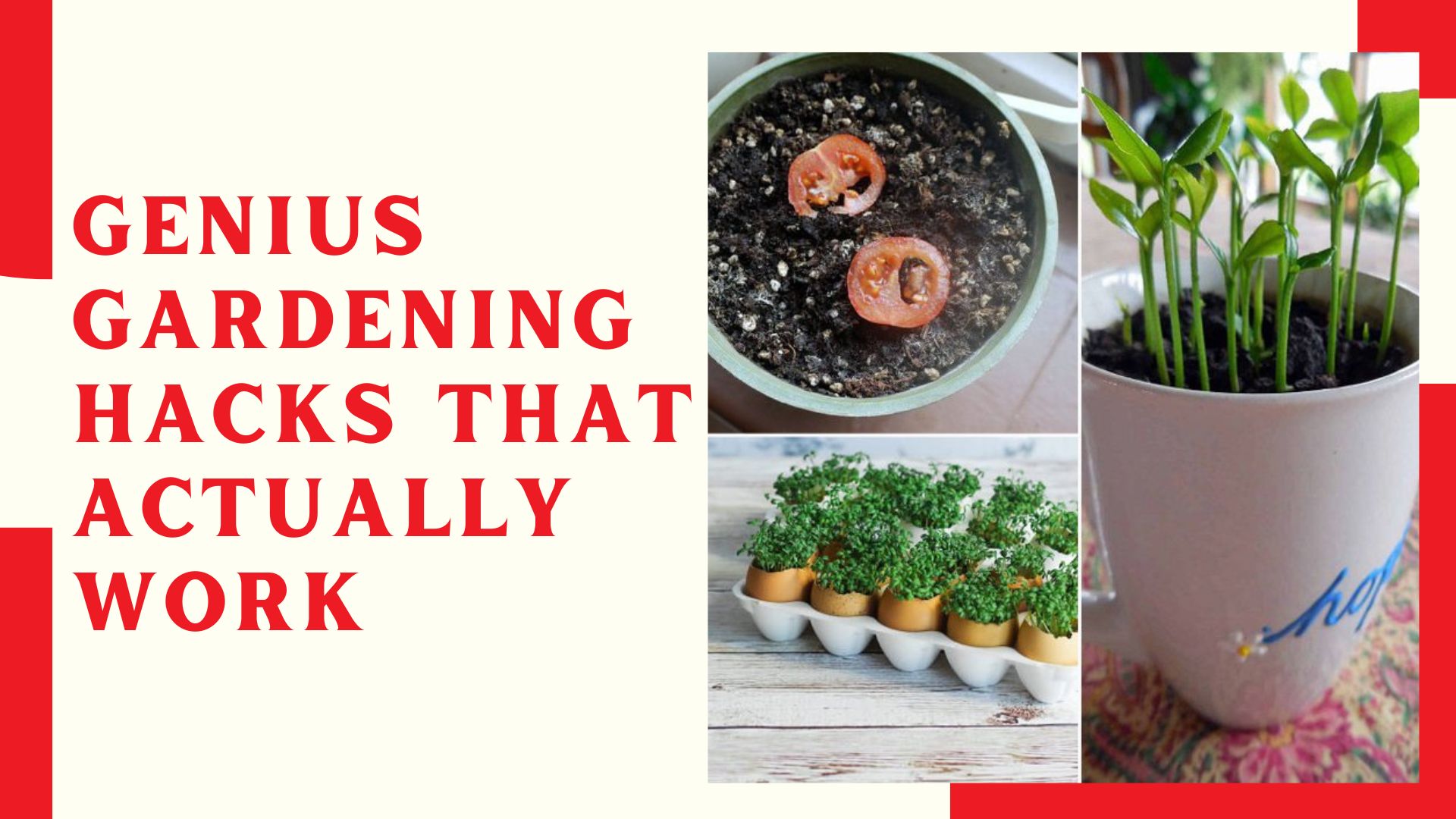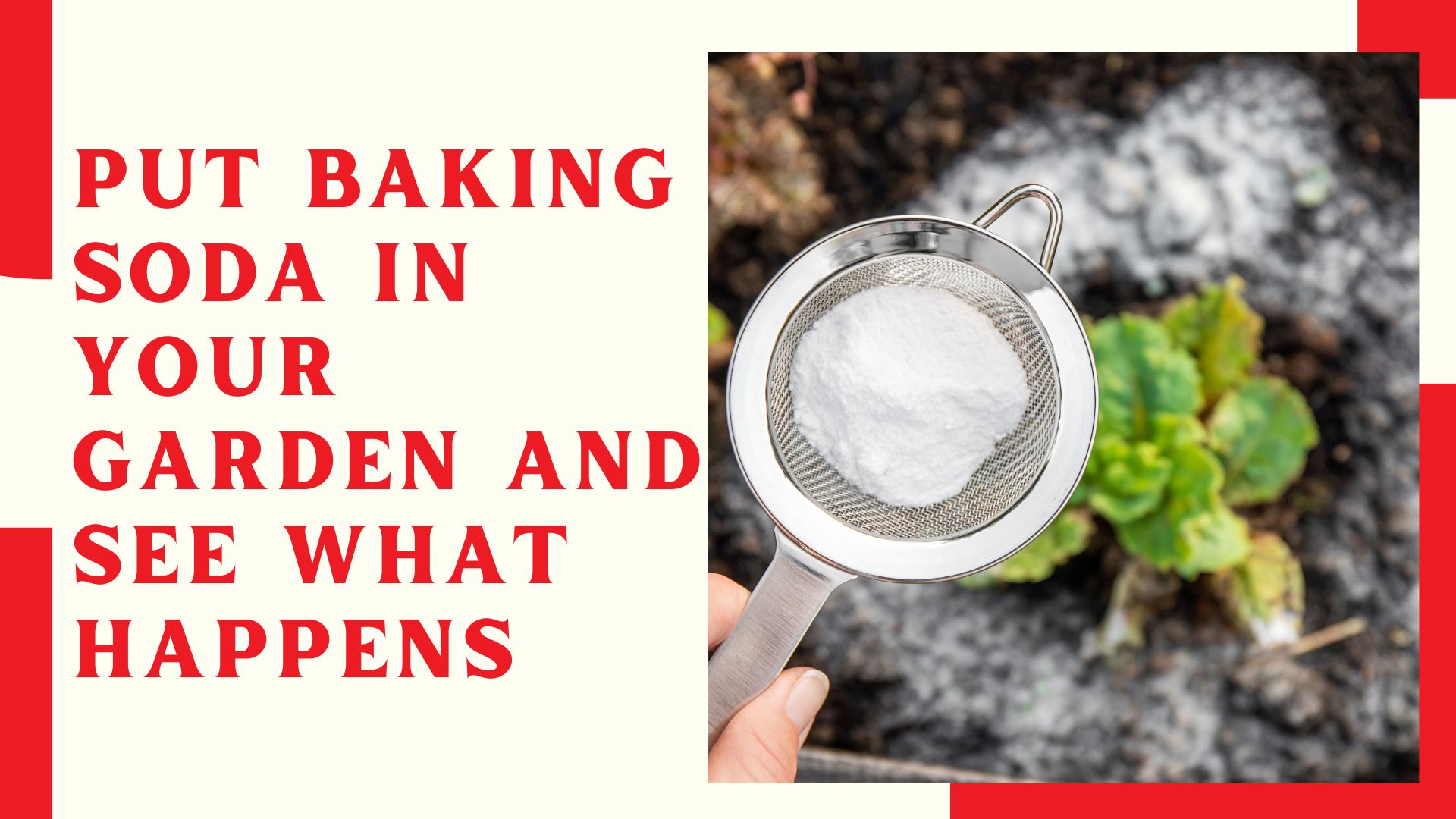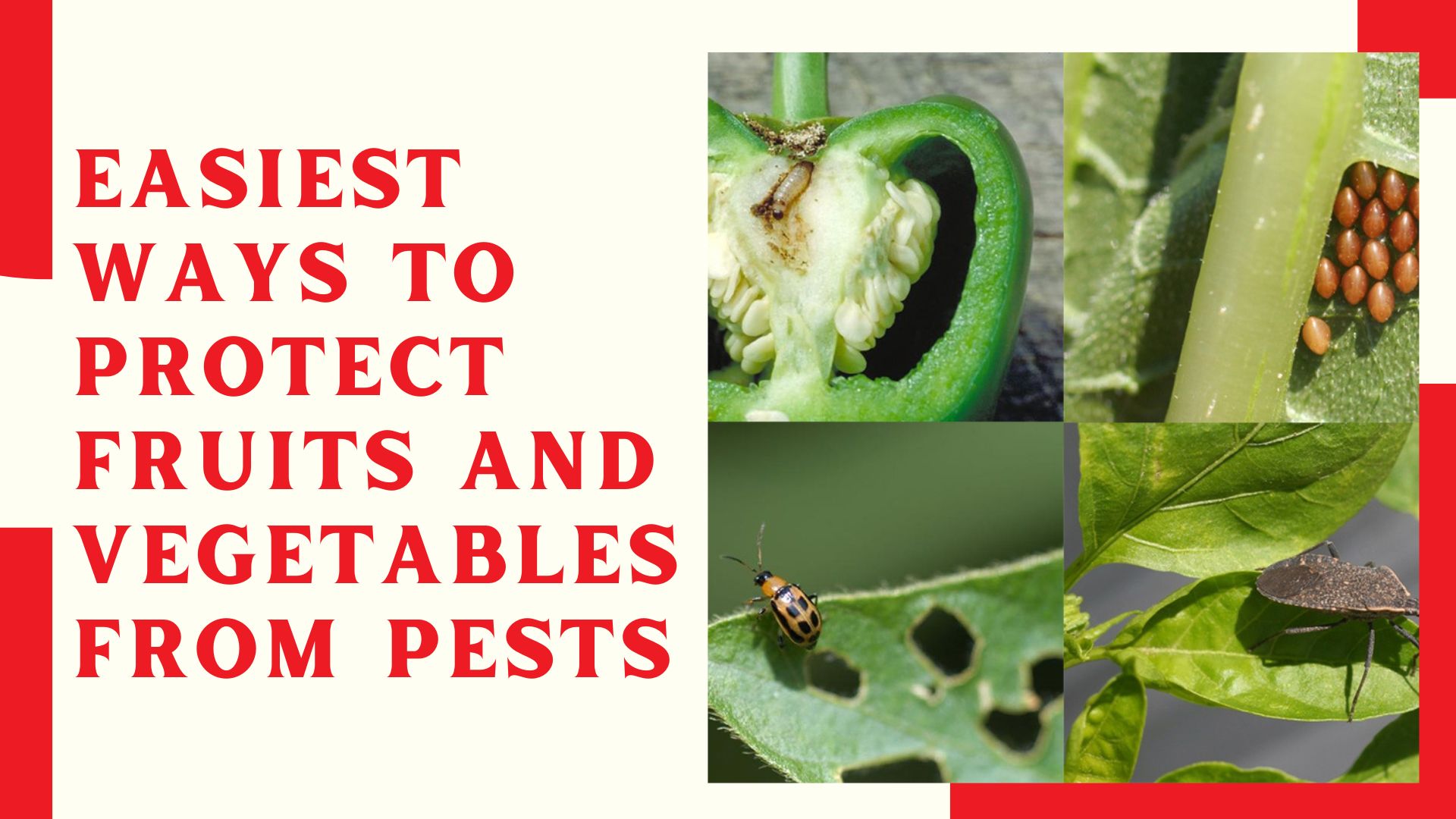Baking soda, or sodium bicarbonate, is a common household item known for its versatility and effectiveness in cleaning, deodorizing, and baking. However, its benefits extend far beyond the kitchen. In the garden, baking soda can be a gardener’s best friend, providing natural solutions to various problems. Here are some surprising uses for baking soda in the garden.
Fungal Disease Control
Baking soda can help control fungal diseases like powdery mildew, black spot, and rust. These diseases can harm plants and reduce crop yields. To make a fungicidal spray:
Mix 1 tablespoon of baking soda with 1 gallon of water. Add a few drops of liquid dish soap to help the solution stick to the plants. Spray the mixture on affected plants, focusing on the leaves and stems. Repeat every week or after rain.
pH Adjustment
Baking soda can be used to adjust soil pH. While it’s not a substitute for lime, it can temporarily raise the pH of acidic soils.
To test soil pH, mix a tablespoon of soil with a few drops of vinegar. If it fizzes, the soil is alkaline. If not, it's acidic. Sprinkle baking soda lightly over the soil and water it in. This can help make the soil less acidic, benefiting plants that prefer neutral to slightly alkaline conditions.
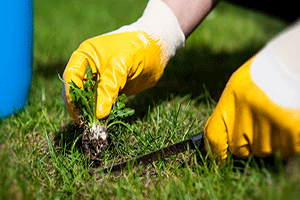
Weed Control
Baking soda can be an effective weed killer, especially for those pesky weeds that pop up in driveways, sidewalks, and patios.
Sprinkle baking soda directly on weeds, ensuring it covers the leaves and stems. The sodium content in baking soda can dehydrate and kill the weeds, preventing them from growing back.
Pest Control
Baking soda can deter pests such as ants, aphids, and beetles. For ant control:
Mix equal parts baking soda and powdered sugar. Place the mixture in small lids or containers near ant trails. The sugar attracts the ants, and the baking soda kills them by disrupting their digestive systems.
Cleaning Garden Tools
Garden tools can accumulate dirt, sap, and rust over time. Baking soda can help clean and maintain these tools.
Make a paste with baking soda and water. Apply the paste to the tools using a brush or cloth. Scrub gently to remove dirt and rust, then rinse with water and dry thoroughly.
Deodorizing Compost Piles
Compost piles can sometimes produce unpleasant odors. Baking soda can help neutralize these smells.
Sprinkle a thin layer of baking soda over the compost pile. Be cautious not to use too much, as it can slow down the composting process by making the environment too alkaline.
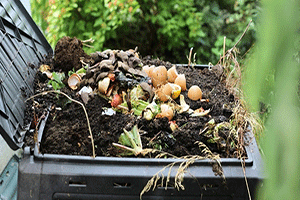
Sweetening Tomatoes
Some gardeners believe that baking soda can make tomatoes sweeter by reducing soil acidity.
Sprinkle a small amount of baking soda around the base of tomato plants. The theory is that lower soil acidity can lead to sweeter fruit, though this method’s effectiveness is debated among gardeners.
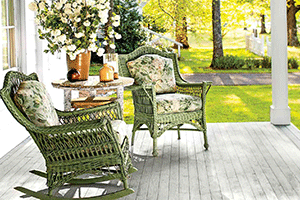
Freshening Garden Furniture
Outdoor furniture can develop mildew and stains. Baking soda can help clean and freshen these items.
Make a paste of baking soda and water. Apply it to the furniture using a sponge or cloth. Scrub the surface, then rinse with water and let it dry in the sun.
Improving Flower Blooms
Baking soda can promote healthier, more vibrant blooms in some flowers, like geraniums and begonias.
Dissolve 1 tablespoon of baking soda in 2 quarts of water. Use this solution to water your flowering plants once a month.
Soothing Bug Bites
Gardening often leads to bug bites and stings. Baking soda can provide relief from itching and irritation.
Make a thick paste with baking soda and water. Apply it to the affected area and let it sit for a few minutes before rinsing off.
Incorporating baking soda into your gardening routine can provide numerous benefits, from disease prevention to pest control. Its natural, non-toxic properties make it a safe and eco-friendly option for maintaining a healthy garden.

